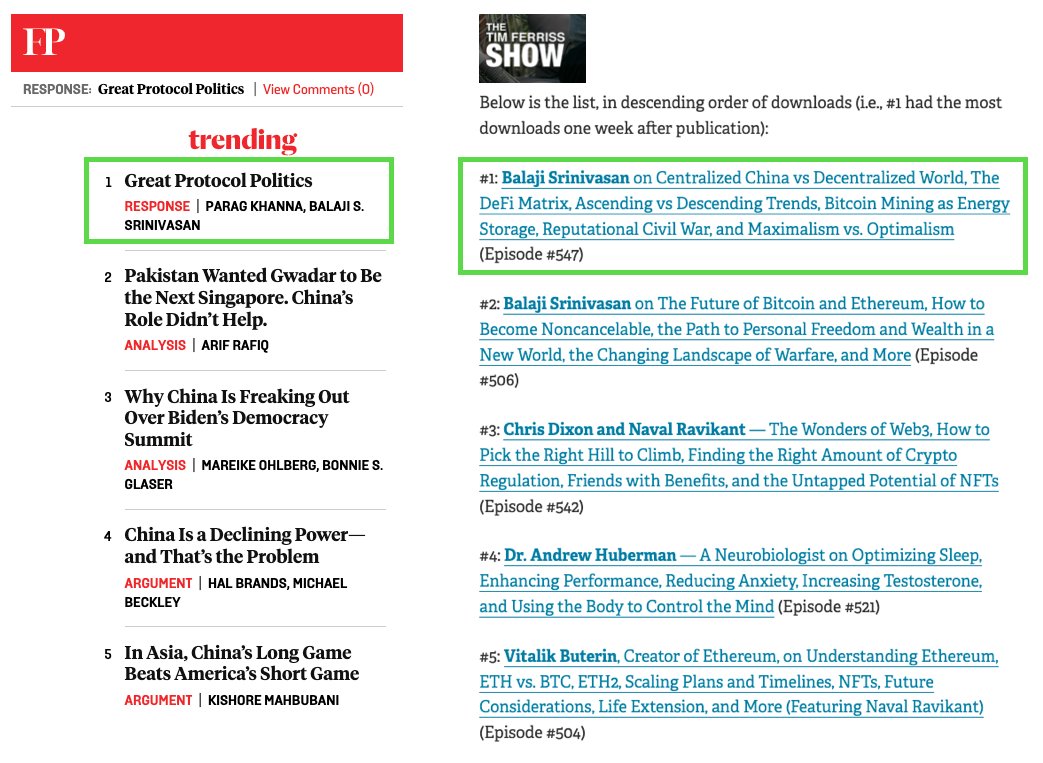
Why does social media make us memoryless?
One thesis is: each day we see the most important thing ever. But then yesterday’s most important thing is less important. And last week’s viral post? Already forgotten.
Perhaps we want more consistency and less novelty.
One thesis is: each day we see the most important thing ever. But then yesterday’s most important thing is less important. And last week’s viral post? Already forgotten.
Perhaps we want more consistency and less novelty.
I first saw the Feiler Faster thesis in a piece by @kausmickey 20+ years ago. More recently, @Noahpinion and @micsolana have written on the phenomenon.
But I feel it’s been going on for longer than that, perhaps accelerating with media decentralization. slate.com/news-and-polit…
But I feel it’s been going on for longer than that, perhaps accelerating with media decentralization. slate.com/news-and-polit…
Here’s @micsolana’s recent piece on the topic.
https://twitter.com/micsolana/status/1470920760625565697
If we are interested in learning and building and focusing, the complete opposite of social media could be mnemonic media.
See @michael_nielsen and @andy_matuschak’s phenomenal results below. Would love to see an update if it’s available.
See @michael_nielsen and @andy_matuschak’s phenomenal results below. Would love to see an update if it’s available.
https://twitter.com/michael_nielsen/status/1143990761194582017
How do we move from entropic clicking to directed learning?
Something like GitHub streaks, perhaps. Or a Fitbit scale. Some incentive for consistency, for persistence over a long time period, for checking in every day.
Can the technology supplement the psychology?
Something like GitHub streaks, perhaps. Or a Fitbit scale. Some incentive for consistency, for persistence over a long time period, for checking in every day.
Can the technology supplement the psychology?
• • •
Missing some Tweet in this thread? You can try to
force a refresh











